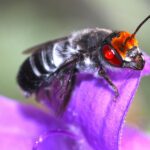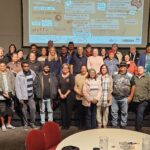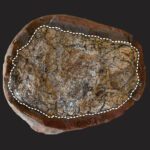A research and development partnership between Lockheed Martin Space and Curtin University has innovatively harnessed technology previously used to observe meteorite fireballs, and has applied it to track satellites.
At a fraction of the cost of current technologies, the system has the potential to radically disrupt the way space objects in orbit will be tracked.
The FireOPAL project uses a range of sensors to track satellites and space debris which will ultimately provide a persistent view of objects in orbit around the Earth. It will also provide an early warning system of potential problems affecting satellites and their interaction with the thousands of pieces of space debris.
The system is an adaptation of Curtin University’s Desert Fireball Network meteorite tracking capability.
Managing Director – Australia and New Zealand, Lockheed Martin Space, Rod Drury, said FireOPAL is an entirely Australian innovation developed by Lockheed Martin and Curtin University that is set to be expanded around the world.
“This technology enables us to track objects in space in a way that hasn’t been done before,” Mr Drury said. “We are trialing more space situational awareness sensors and new capabilities to assess what is possible and explore the advantages and challenges of combining data from different sensors.
“This partnership with Curtin University further demonstrates Lockheed Martin’s ongoing commitment to collaborating with Australian researchers and industry to identify and develop advanced technologies for the space domain,” Mr Drury said.
John Curtin Distinguished Professor Professor Phil Bland, leader of the Desert Fireball Network at Curtin University, reinforced the importance of partnerships with companies like Lockheed Martin for continuing to support, improve and potentially further develop Australia’s niche space capabilities.
“FireOPAL is a great example of how blue-sky space science projects can rapidly translate into real benefits for Australian space industries and defence,” Professor Bland said. “FireOPAL has the potential to be a disruptive technology in space situational awareness. We’re looking forward to exploring that potential with Lockheed Martin.”
The joint research and development partnership between Lockheed Martin Space and Curtin University was formally announced at the 68th International Astronautical Congress in September 2017.
This media release was jointly issued by Lockheed Martin and Curtin University



